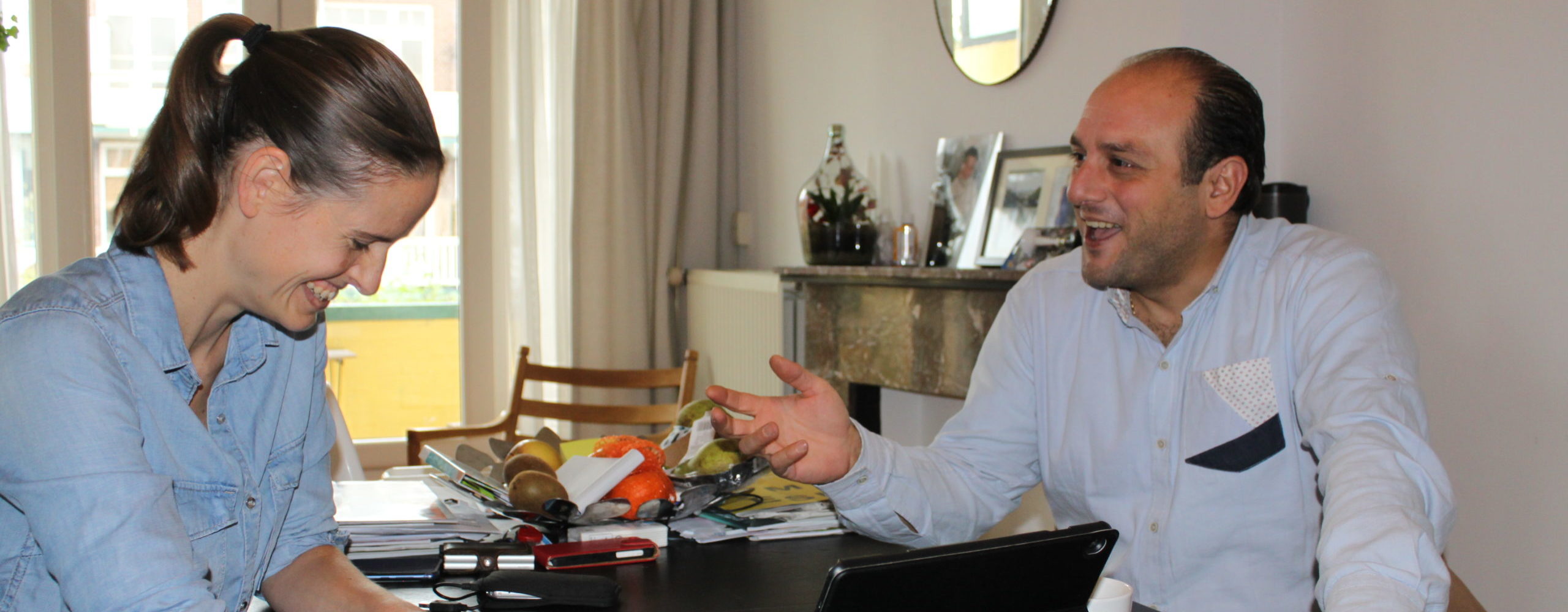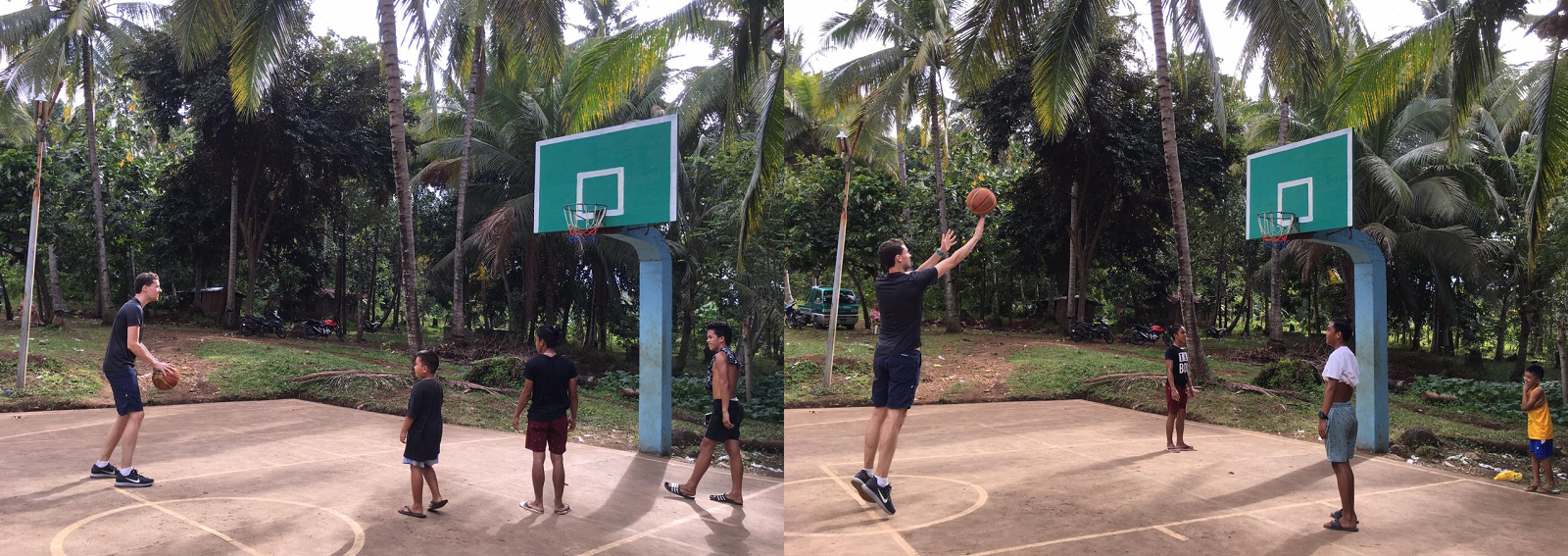She never asked for any of it. Not the awards. Not the grave charges filed against her. All she ever wanted was to defend others in the courtroom, but she ended up having to defend herself.
Despite circumstances conspiring against her, the 33-year-old Thai human rights lawyer manages to draw strength from her predicaments.
Sirikan “June” Charoensiri (@JCharoensiri) carries the burden of responsibility with astonishing grit and perseverance. She is always humble but with a laser sharp focus on what needs to be achieved.
Self-granted special powers
On the day of the interview, June’s colleagues submitted a petition to amend or revoke at least thirty-five orders issued by the junta since the 2014 coup d’état in Thailand. Hundreds of pieces of law were passed in the past five years by the junta leadership, better known as the National Council for Peace and Order (NCPO). The NCPO exercised its sweeping powers granted by the 2014 interim Constitution — and by and large confirmed by the 2017 Constitution — to issue judicial, legislative, and executive orders that can’t be challenged in the court.
Only a new parliament can roll back what June calls a “dictatorial legacy.” Prayuth Chan-ocha, former army chief and leader of the pro-junta Palang Pracharat Party, has already been reappointed as Prime Minister following the general election in March 2019. A new Cabinet is also in place, and several military orders and decrees have been lifted. But June remains concerned. “Many Thai people think the junta-era restrictions are over, but military authorities can still detain civilians up to seven days without judicial oversight. Also, offenses under NCPO decrees remain in place. So far, only 70 of the 557 decrees issues by the NCPO are being repealed (for more details read this analysis piece written by Thai Lawyers for Human Rights).”
‘Fast horse lawyers’
Before the 2014 coup happened, June was working in the southern region bordering Malaysia — an area under protracted violence for a long time. When martial law, in the wake of Thailand’s twelfth coup d’état, was implemented, she knew what would come. She met late one night with a few fellow lawyers. The small group decided to form a task force made up of lawyers, social activists, and volunteers, focused on preventing the abuse of power they all expected to occur.
The ad hoc team started using Facebook to post hotline numbers that people in need of legal aid could use to contact them. The volunteers would take the calls. “We worked as ‘fast horse lawyers’,” explains June. “We had to be on the scene quickly, because once protesters were taken to military camps we couldn’t reach them anymore.”
In July, two months after the coup, the team realised that this was not going to be a temporary situation. This would not be like the coups that had come before. The interim Constitution’s Article 44 would effectively extend military jurisdiction over civilians and absolve the NCPO and officials operating under its orders from responsibility for any human rights violations. “We understood the intention,” says June. “The junta wanted to rule, not solve the problem and leave.”
That’s when Thai Lawyers for Human Rights was born.
Click here to continue reading. For a Dutch translation click here.
Photo credit: Justice & Peace Netherlands
This interview is part of a series of change maker stories that I wrote for the Dutch non-profit organization Justice & Peace Netherlands.








